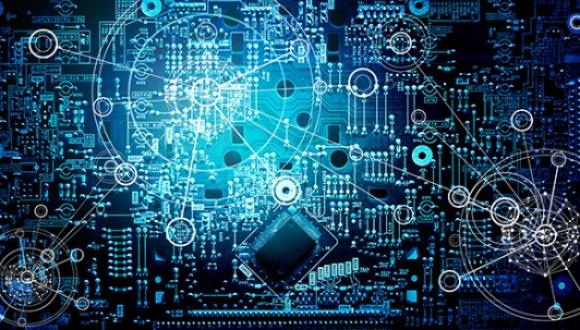Domain Adaptation and Super Resolution in Histopathology Using Deep Learning - Elad Yoshai
סמינר מחלקת מערכות - EE Systems Seminar
Electrical Engineering Systems Seminar
Speaker: Elad Yoshai
M.Sc. student under the supervision of Prof. Natan T. Shaked
Wednesday, 29th May 2024, at 15:30
Room 011, Kitot Building, Faculty of Engineering
Domain Adaptation and Super Resolution in Histopathology Using Deep Learning
Abstract
Histopathology plays a pivotal role in medical diagnostics. In contrast to preparing permanent sections for histopathology, a time-consuming process, preparing frozen sections is significantly faster and can be performed during surgery, where the sample scanning time should be optimized. Super-resolution techniques allow imaging the sample in lower magnification and sparing scanning time. This thesis research presents a new approach to super resolution for histopathological frozen sections, with focus on achieving better distortion measures, rather than pursuing photorealistic images that may compromise critical diagnostic information. Our deep-learning architecture focuses on learning the error between interpolated images and real images; thereby it generates high-resolution images while preserving critical image details, reducing the risk of diagnostic misinterpretation. This is done by leveraging the loss functions in the frequency domain, assigning higher weights to the reconstruction of complex, high-frequency components. In comparison to existing methods, we obtained significant improvements in terms of Structural Similarity Index (SSIM) and Peak Signal-to-Noise Ratio (PSNR), as well as indicated details that lost in the low-resolution frozen-section images, affecting the pathologist’s clinical decisions. Our approach has a great potential in providing more-rapid frozen-section imaging, with less scanning, while preserving the high resolution in the imaged sample.
However, even though frozen sections are often used for rapid diagnosis during surgeries, as they can be produced within minutes, they suffer from artifacts and are generally missing details for diagnosis, specifically inside the cell nuclei region. On the other hand, permanent sections contain more details with diagnostic value but requires intensive process which takes hours of preparation. Therefore, in addition to the super-resolution we present a generative deep learning approach to convert frozen sections into permanent sections using a unique method that puts more attention on the nuclei regions, which are important for diagnosis. This is done by using a segmented attention network, incorporating nuclei-segmented images in the training process and an additional loss to push the network to improve the essential missing contents of the nuclei region in the generated permanent image. We tested our method on various tissues including kidney, breast, and colon. Our approach can significantly improve the histological efficiency and the accuracy and can be integrated in the existing laboratory workflows to generate permanent sections within seconds from frozen sections acquired rapidly.
השתתפות בסמינר תיתן קרדיט שמיעה = עפ"י רישום שם מלא + מספר ת.ז. בדף הנוכחות שיועבר באולם במהלך הסמינר


